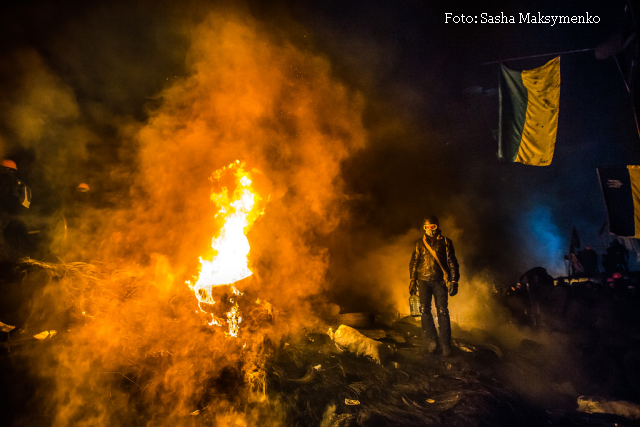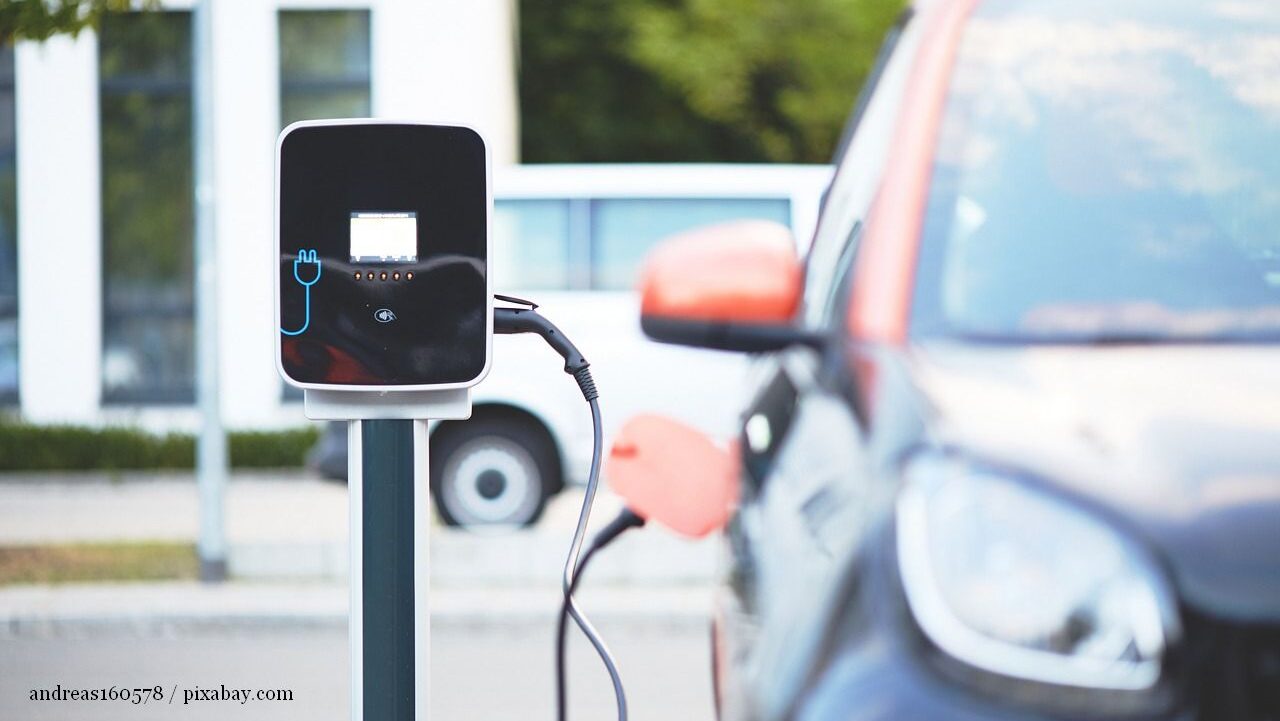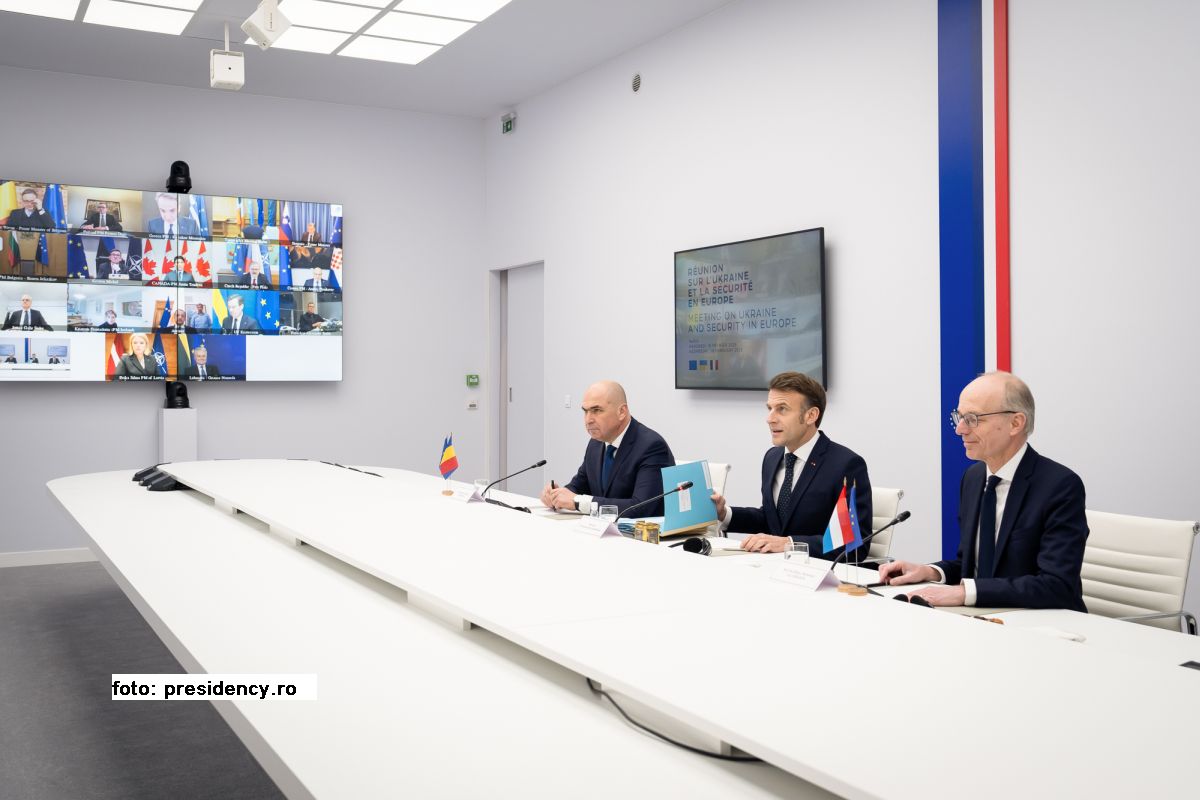One year since the protests in Ukraine
Although going through the most difficult times since proclaiming their independence in the early ‘90s, Ukrainians have not forgotten what happened a year ago in the streets of Kiev

Florentin Căpitănescu, 23.02.2015, 13:14
One year ago, on February the 22nd, when the pro-Russian President Viktor Yanukovych left power, Ukrainians celebrated what they thought would be the great shift in the country’s post-Soviet history. Disgruntled with Yanukovych declining the EU association and free trade agreements, in spite of their expectations, people resorted to the strongest form of protest: they took to the streets. Nearly 100 protesters died in the few days of clashes between the supporters of pro-European ideals and the troops loyal to Yanukovych. Most of the clashes were reported in the capital city’s Independence Square, known today as the “Maidan,” which also gave the name of the pro-European movement that took shape at that time.
One year later, amid the disappointment entailed by a long series of unfortunate events, including Russia’s annexation of Crimea and the harsh secessionist conflict in the east of the country, the Ukrainians found the power to pay tribute to their dead. Thousands of people took part on Sunday in a “March of Dignity,” attended by the new President, Petro Poroshenko, and a number of EU leaders, including European Council President Donald Tusk and the President of Germany Joachim Gauk. On this occasion, Romania expressed hopes that its neighbour, Ukraine, would become a sovereign and stable state, with fully respected territorial integrity.
The Romanian President Klaus Iohannis, represented in the “Dignity March” by his security adviser George Scutaru, said that one year before the Ukrainians had mobilised against a corrupt and authoritarian regime, which had compromised their European hopes. We have seen, President Iohannis added, that a nation came back to life, and that its aspirations cannot be run over by tanks. In many respects, the Maidan heroes were just like the heroes in Timisoara and Bucharest in December 1989, the head of state also added, recalling the sacrifice made by many Romanians in order to have their country break with communism. President Iohannis also said that Bucharest supported the diplomatic settlement of the conflict in eastern Ukraine, which has already killed thousands of people.
The situation in eastern Ukraine will in fact be a key topic in the talks between the President of Romania and his Ukrainian counterpart, Petro Poroshenko, scheduled for March 17th in Kiev.






























